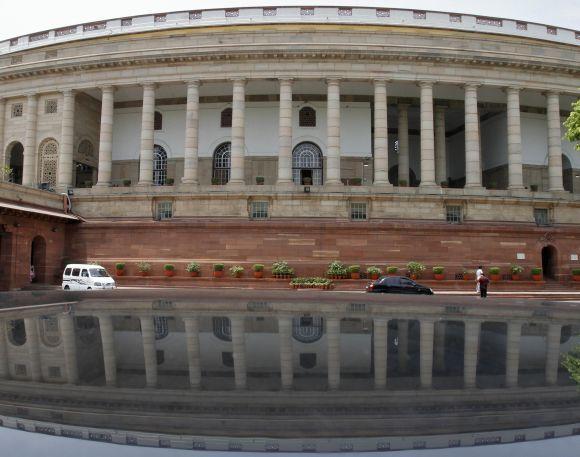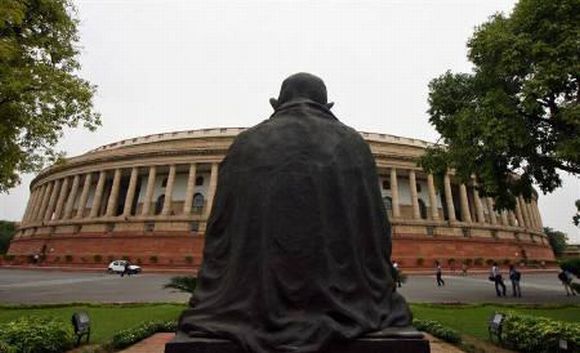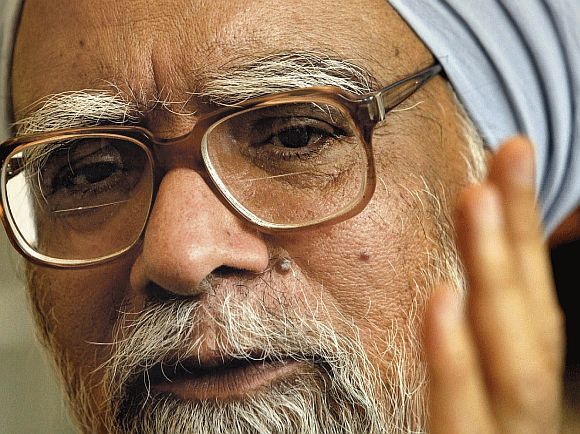
Almost no legislative business was transacted making it the worst session of Parliament ever. Devika Malik lists the options out of the current impasse
Another session of Parliament is set for a washout. Even as landmark Bills like the Whistleblowers Bill, the Land Acquisition Bill, National Food Security Bill and the Communal Violence Bill are pending with Parliament; the legacy of the 15th Lok Sabha is set to be that of the most disrupted Parliament since 1952. (See Graphic)
While disruptions have been the theme across the ten sessions of Parliament since the 2009 general election, the current session looks set to follow the example of Winter Session 2010 when not even a single day of work could be achieved.
Here we look at similar instances of impasse in the past and the parliamentary mechanisms available to parties to lodge protest on the floor of the House.
The winter session of 2010 saw daily protests by the opposition over the demand for a Joint Parliamentary Committee to probe the allocation of 2G licences.
Click on NEXT to read further...

During the session, the Lok Sabha worked for 5 per cent and Rajya Sabha for 2 per cent of scheduled time. Almost no legislative business was transacted making it the worst session of Parliament ever.
The government eventually agreed to the constitution of a JPC on the issue at the beginning of Budget session the following year.
The Budget session 2011 turned out to be shortest Budget session in a non-election year. This was primarily due to frequent disruptions over the appointment of the Chief Vigilance Commissioner and newspaper reports on 'cash for votes'.
On other occasions, opposition parties have chosen to register their protest against government policies by moving motions for discussion or adjournment on the floor of the House.
As per Rules of Parliamentary Procedure, a motion for adjournment of the business of the House for the purpose of discussing a matter of urgent public importance may be made with the consent of the Speaker.
An adjournment motion is typically perceived as a censure of the government. These motions end with a vote.
Click on NEXT to read further...

In the Winter session of 2011, the BJP moved an adjournment motion on the issue of inflation and rising prices. The motion was discussed and later negatived by the Lok Sabha.
Given this background, what are the options out of the current impasse?
First, a notice for the discussion of the prime minister's statement on the CAG's audit of coal block allocations has been admitted in Lok Sabha.
Under the Rules, this discussion will not be voted upon. It remains to be seen whether the Business Advisory Committee decides to have a debate that entails voting.
Second, the Opposition can move a motion in Lok Sabha expressing the loss of confidence in the council of ministers. Such a motion is to be accorded priority.
However, the opposition parties have not indicated their intent to move a no-confidence motion.
At this stage, there does not seem to be a consensus on breaking the deadlock. The challenge for the Business Advisory Committee (which decided the daily business of the House) is to come up with an agenda that is amenable to all parties.
Click on NEXT to go further...

Click on MORE to see another set of PHOTO features...